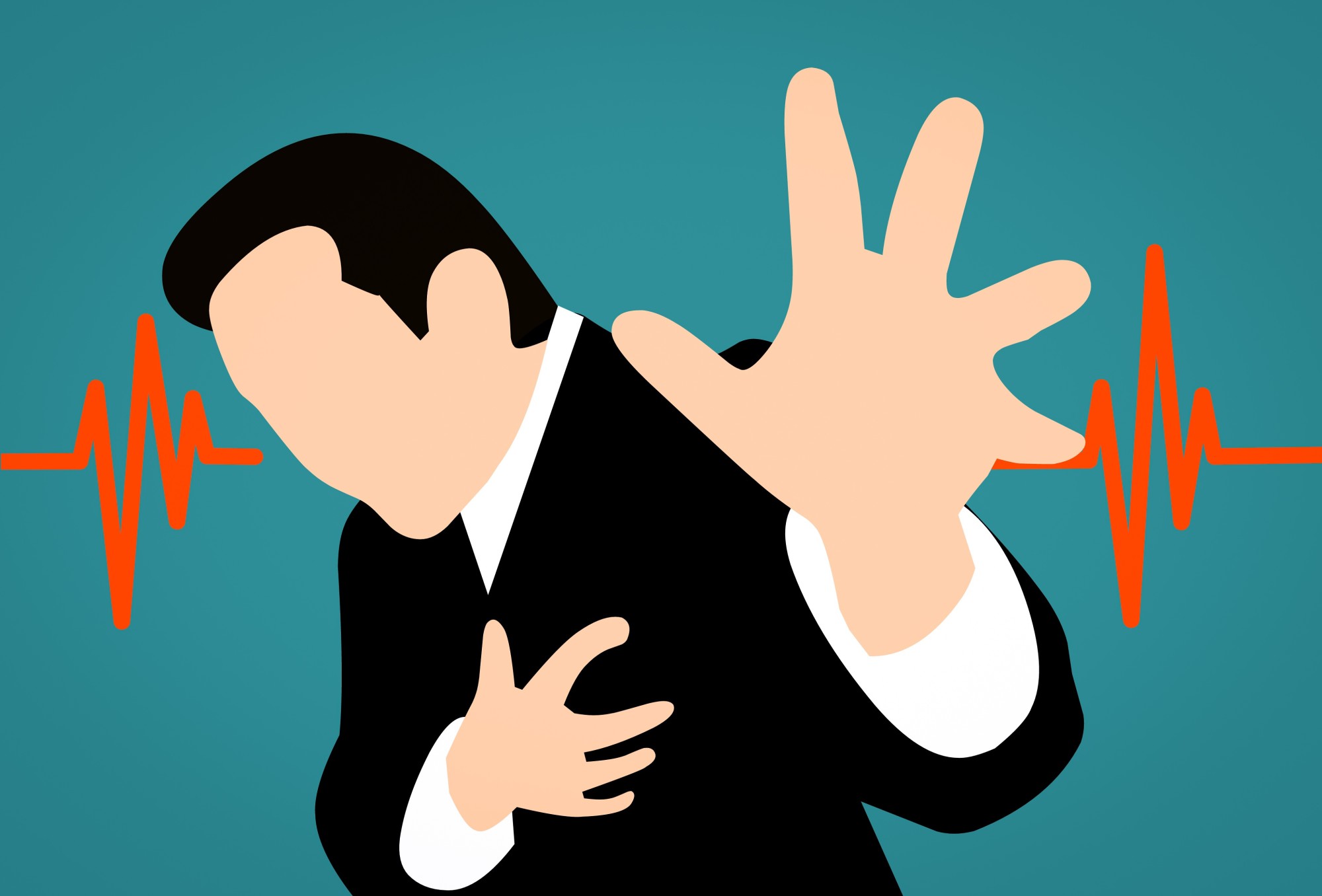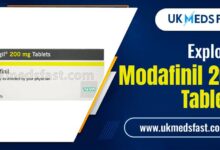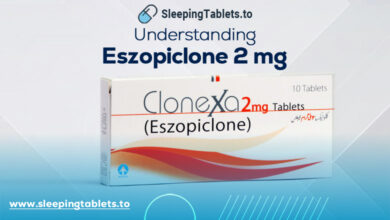
Heart Failure vs Heart Attack: What Are the Differences?
Around 659,000 people die in the United States every year from heart disease. That’s 1 out of every 4 deaths, and heart disease costs the United States hundreds of billions of dollars per year.
The two most common forms of heart disease are heart attacks (myocardial infarction) and heart failure. These two diseases are related but they do not present or progress in the same way.
In this article, I will write about heart failure vs heart attack. What they have in common and how they differ. Continue reading to learn more about these serious diseases.
Table of Contents
Heart Failure vs Heart Attack: The Basics
What is a heart attack? Heart attacks occur when an artery or arteries supplying blood to the heart become blocked. The muscles that the artery and its branches supply begin to rapidly die.
Heart failure, sometimes called congestive heart failure, comes on gradually as a muscle or muscles in the heart weaken and struggle to pump blood to the body. One of the ways that these two diseases relate is that a heart attack is often a catalyst to heart failure.
Neither of these heart conditions need be a death sentence. Later in this article, I will cover treatment options. First I will discuss the symptoms of heart attack and heart failure.
Heart Attack Symptoms
The symptoms differ between men and women. And some patients have reported having little or no symptoms preceding a heart attack.
- The most common is pain or heavy pressure in the center of the chest
- Pain in other upper parts of the body: jaw, neck, arms, back, stomach
- Difficulty breathing also described as shortness of breath
- Cold sweats
- Nausea and vomiting
- Feeling tired
- Lightheadedness
Since men and women experience different symptoms, It is important to seek medical attention even if your symptoms seem mild or don’t exactly match this list.
Heart Failure Symptoms
Symptoms of heart failure often mimic those of a heart attack.
- Shortness of breath — particularly while lying down
- Wheezing and/or coughing
- Fast or irregular heartbeat
- General tiredness
- Weight gain from retaining fluids: swelling of ankles, legs, stomach
- Confusion
By themselves, these symptoms may not relate to heart failure. If you experience multiple symptoms, especially if you’ve had a heart attack in the past, you may be experiencing heart failure and need to seek immediate treatment.
Heart Attack Causes
Many studies have been conducted to identify the living habits that most often lead to heart attacks. The heart attack itself occurs because of the buildup of plaque.
These plaques are fatty substances such as cholesterol. This type of buildup is a disease in itself called atherosclerosis.
When one heart artery narrows due to plaque, it is often the case that others have as well.
Heart Failure Causes
Heart failure is usually the result of prior disease, often following a heart attack, but a heart attack is not the only cause of heart failure. Other precursors can also lead to heart failure.
- Heart valve disease
- Congenital heart defects
- Irregular heartbeat
- Cardiomyopathy
- HIV/AIDs
- Damage from chemotherapy
- Thyroid disease
- Alcohol abuse
- Drug abuse
- Lung diseases
Anything that affects the heart muscles can lead to heart failure.
Heart Attack Treatments
A closed artery must be opened as soon as possible. Wait too long and the heart muscle will not survive. Doctors and EMTs will administer the following.
- Blood thinners: Aspirin and nitroglycerin
- PCI: A tube gets inserted and expanded in the artery to reopen it
- Stent: A surgeon will place a tube in the artery to keep it open
- Bypass surgery: Arteries from the legs are translated onto the heart
After a heart attack, the patient will likely be put on a regimen of cholesterol-lowering drugs and blood thinners such as aspirin or Coumadin.
Heart Failure Treatments
The basic premise of treating heart failure is to make things easier on your heart muscles. The following are what a doctor might prescribe.
- Blood pressed medications such as ACE inhibitors
- Angiotensin II receptor blockers
- Diuretics to reduce water retention
- Aldosterone antagonists, another type of diuretic
- Positive inotropes, a targeted treatment for specific types of heart failure
- Digitalis for strengthening the muscles in the heart
- BiDil, a drug regimen used in conjunction with ACE inhibitors
- Verquvo, a drug used with patients who have chronic heart failure
Vegfa mRNA is a new approach to heart failure treatment stemming from the work of Kenneth Chien Moderna co-founder and others. This new drug proposes to offer regenerative treatment to patients with heart failure.
Heart Attack Prevention
Our DNA is a huge factor in determining whether we will develop the conditions that lead to a heart attack. But there are myriad ways in which to lower the risk of having a heart attack.
- Quit smoking. The sooner the better
- Reduce cholesterol intake
- Keep your blood pressure under 140/90
- Keep physically active
- Be vigilant with diabetes if you suffer from it
- Reduce stress
- Eat a healthy diet—ditch the potato chips
- Get a calcium score*
Studies show that following these guidelines reduces risk on average by about 50%. That’s significant. It could make the difference.
*The patient undergoes a CT Scan. Pictures are taken of the heart that identifies calcification within heart arteries. Calcium shows up in the plaques, so the higher the calcium score, the more plaque that is present in the arteries.
Heart Failure Prevention
There are some conditions that a patient is powerless to prevent, such as congenital heart defects. But many other causes of heart failure can be lessened or eliminated.
We do not need a new list here. The same lifestyle changes that lessen the possibility of heart attack apply to the prevention of heart failure.
The newer wearables such as the Apple Watch include heart monitors that can take real-time ECGs and test for irregularities in your heartbeat. With this information, your doctor can treat heart disease earlier than might otherwise have been possible.
Heart Disease Comes in Many Forms
With an understanding of heart failure vs heart attack, you are now armed with information that could someday save your life.
Heart disease does not have to impact your life if you remain mindful of what your body tells you. So stay alert and stay healthy.
If you found this article informative and helpful, continue browsing our site for more in-depth articles on topics you will want to read about.








